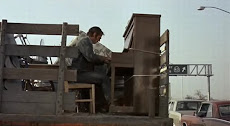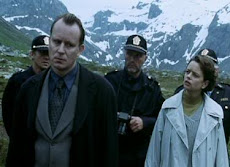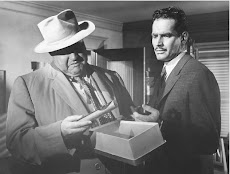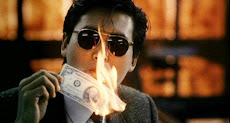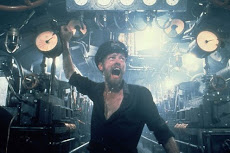I like to think that films may be judged solely on their merits, within the four corners of the screen without reference to externalities. Seldom, however, is a film wholly separated from its place in history. History is often an interesting sideshow for films, and current events surrounding a film's release can make or break films that are objectively good (or bad, for that matter).
Examples include Donnie Darko, which came out in late 2001 but never saw wide theatrical release in the U.S. due to its story involving a plane crash and 9/11 still an open wound on Americans. Just a few years before that, The Boondock Saints suffered the same fate, as a story with two men dressed in black coats toting guns and wrath was not seen as commercially viable after two kids in black coats murdered over a dozen students at Columbine High School in Littleton, Colorado. Both films went on to achieve cult status, commercial success on home video, and eventually mainstream acceptance (though I personally have no love for The Boondock Saints anymore).
But these examples--and the most interesting stories of such cinematic history--arose from unforeseen circumstances. In short, bad timing. Recently, however, some films are revealing a severe disconnect between Hollywood and the rest of America. It is the result of a failure to recognized and acknowledge the times we live in.
One of last year's flops, one that flopped so bad I would not have heard of it but for its appearance on Netflix in recent months, was Take Me Home Tonight. The comedy, set in 1988, features Topher Grace playing a recent MIT graduate who cannot figure out what to do with his life, so he passes his days working the counter at Suncoast Video. A night of craziness and 80s cliches follows, completely void of the charm of the quintessential 80s-throwback comedy The Wedding Singer. It culminates with a cliche moral. (It has its moments, but they are few and far between.)
A comedy released this month, American Reunion, appears to be barely inching toward profitability after a month in theaters. This is, of course, the fourth installment in the American Pie series. Each of the original players returns for this, and each of the main characters is suffering from the going-on-30-middle-class-blues. They have jobs (with one exception), relationships, responsibilities, and boy does it stink compared to the carefree days of high school.
In fairness, Take Me Home Tonight was produced in 2007 and sat on the shelves for years before it was finally released. But the timing of its release was still imprudent. It's difficult to expect much of anything out of the American Pie series: it was born a gross-out comedy with a modicum of heart and remains there, now competing with series like The Hangover that make the original American Pie installments seem tame.
Nevertheless, the disconnect behind these films kills them: history is not their friend. It stems from the fact that the problems of the characters in both of these movies are problems a huge number of Americans can't currently relate to: ennui and middle class angst are the problems many Americans long to face, or long to face again.
For young college grads--perhaps not quite from MIT but from many other highly regarded schools--working at a Suncoast Video (or the remaining FYE stores) is not a symptom of killing time or not living up to potential: it's all that's available. Even most slightly older Americans approaching their 10- (or 13-) year high school reunion are not basking in the mundane drudgery of the workplace: if they are employed, they're very thankful to have a job, benefits, and perhaps the chance to advance. Even then, the future's not looking so bright. American Reunion's characters are no longer in the 1990s, or even pre-2008, so how did their problems stay there?
One might counter that escapism is what it's all about. Indeed, since we might miss the carefree days of the late 1980s and its excellent economy (with exceptions), that's all Take Me Home Tonight is going for. Likewise, one could see the ennui addressed in American Reunion as a place we'd all like to be, and not bitterly at that. But ultimately I don't think that works: while we can easily suspend disbelief for fictional alternate realities like The Hunger Games (still going strong at the box office, with one friend of mine having seen it almost a half dozen times), being reminded again and again that yesterday's problems of the American middle class are looking strangely aristocratic is not going to win over audiences. It really hasn't: they're not even showing up to watch.
Hollywood fell on hard times even before this economy. When the best audiences can hope for in the mainstream is a decent remake or a semi-faithful adaptation of a tried-and-true comic book, it should come as no surprise that comedies can't seem to find anything new to work with. So, perhaps it falls to the independents to deliver something fresh and funny: given the earnestness of our economic calamity, it's actually ripe for a good laugh.
Hollywood fell on hard times even before this economy. When the best audiences can hope for in the mainstream is a decent remake or a semi-faithful adaptation of a tried-and-true comic book, it should come as no surprise that comedies can't seem to find anything new to work with. So, perhaps it falls to the independents to deliver something fresh and funny: given the earnestness of our economic calamity, it's actually ripe for a good laugh.




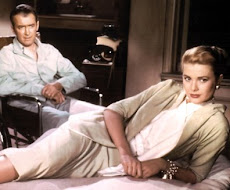_01.jpg)



